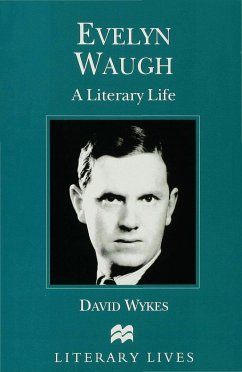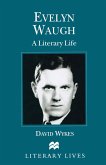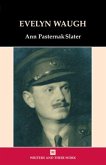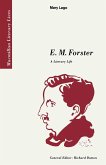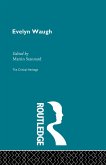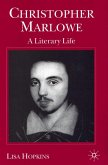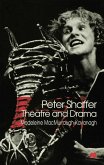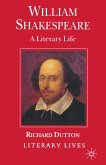Evelyn Waugh was an autobiographical novelist whose literary life and personal life were closely linked. This study argues that the complex ideas Waugh held about himself as a writer are essential for an understanding of his work.
Waugh's life and his literary life exist in fascinating, dynamic relationship. Virtually all of his fiction was autobiographical, yet he maintained that his novels were 'objects', unrelated to the life of their author. This study traces the shifting relationship of ascertainable fact and imaginative fiction throughout Waugh's career, focusing on the endless negotiation he conducted between life and art, and on why, from being author of the anarchic, hilarious Decline and Fall , he transformed himself into the author of the romantic, eschatological Brideshead Revisited .
Waugh's life and his literary life exist in fascinating, dynamic relationship. Virtually all of his fiction was autobiographical, yet he maintained that his novels were 'objects', unrelated to the life of their author. This study traces the shifting relationship of ascertainable fact and imaginative fiction throughout Waugh's career, focusing on the endless negotiation he conducted between life and art, and on why, from being author of the anarchic, hilarious Decline and Fall , he transformed himself into the author of the romantic, eschatological Brideshead Revisited .

